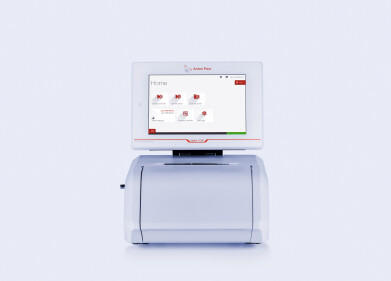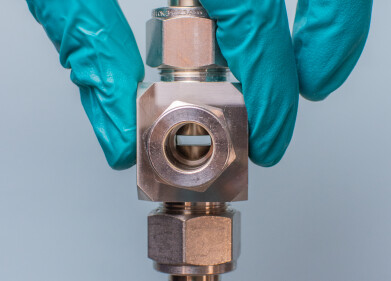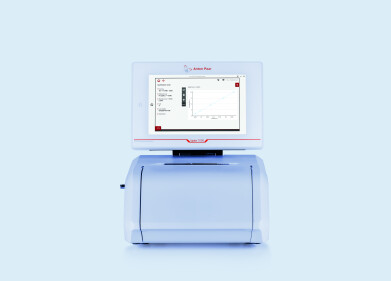Mass Spectrometry & Spectroscopy
Can a Pill Replace Insulin Injections?
Mar 16 2019
Injections can be a source of anxiety, fear and pain for so many people. But if you’re a diabetic, there is simply no other way of getting the necessary insulin. Until now. Giovanni Traverso, an assistant professor at Harvard Medical School, and his team have developed a “needle pill” that could replace daily insulin injections for diabetics as part of a new study.
The “needle pill”
The device comes in the form of a pea-sized capsule, containing a small needle of solid, compressed insulin. The needle is attached to a retracted spring, held in place by a disk of sugar. Upon ingestion into the stomach, the sugar dissolves and the spring releases the needle into the stomach wall.
The study showed that the metal spring and the remaining capsule was able to be passed through the system, without causing any apparent problems.
The pill’s shape is inspired by the leopard tortoise, which has a rather steep, domed shell, allowing it to correct itself in case it rolls onto its back. The capsule takes inspiration from the shell in that its domed shape allows the needle to continuously reorientate itself, so it is facing the stomach wall.
After extensive testing on pigs, the new pill was found to have worked consistently and deliver enough insulin to meet the needs of someone with diabetes. In the initial testing on pigs, researchers were able to deliver around five milligrams of insulin, which is comparable with the daily amount needed by someone with type 2 diabetes.
Taking the pain out of injections
Traverso and hist team say the study was inspired by a need for an injection alternative. “Our motivation is to make it easier for patients to take medication, particularly medications that require an injection. The classic one in insulin, but there are many others.”, he explains. Unlike the skin, the stomach wall does not have pain receptors, so the “needle pill” is unlikely to be uncomfortable or painful for the patient.
To find out more about efforts to improve patient care, take a look at the article ‘Fighting the Resistance: How Rapid Microbial ID with MALDI MS and Antimicrobial Susceptibility Testing Improves Patient Care’.
Moving forward, researchers are continuing to test the insulin on pigs and dogs, which doesn’t cause them any harm, and hope to start human trials within the next three years. Insulin injections are just one of the painful daily chores that Traverso and his team hope to ease with their pain-free alternative.
Digital Edition
Lab Asia 31.6 Dec 2024
December 2024
Chromatography Articles - Sustainable chromatography: Embracing software for greener methods Mass Spectrometry & Spectroscopy Articles - Solving industry challenges for phosphorus containi...
View all digital editions
Events
Jan 22 2025 Tokyo, Japan
Jan 22 2025 Birmingham, UK
Jan 25 2025 San Diego, CA, USA
Jan 27 2025 Dubai, UAE
Jan 29 2025 Tokyo, Japan



















